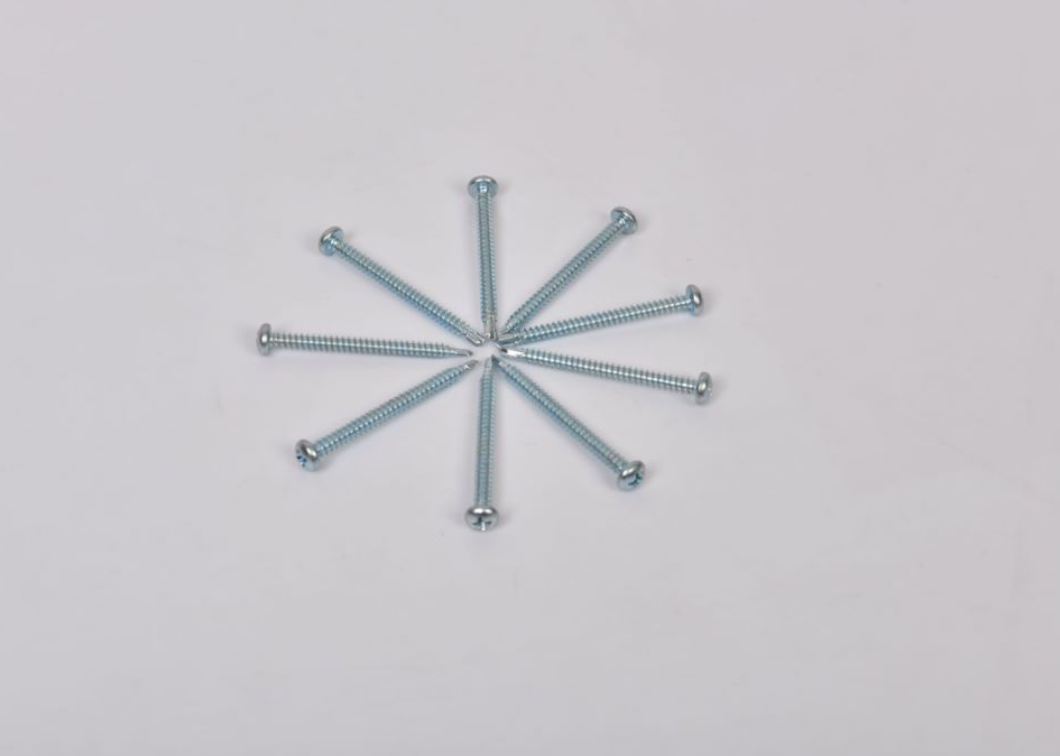OEM M6 Flat Washer - High-Quality Fastening Solutions
Understanding OEM M6 Flat Washers Importance and Applications
In the realm of manufacturing and assembly, flat washers play an essential role in ensuring the longevity and effectiveness of various mechanical applications. Among these, the OEM M6 flat washer stands out due to its versatility and effectiveness. In this article, we will explore the significance of OEM M6 flat washers, their applications, materials, and best practices for usage.
What is an OEM M6 Flat Washer?
An OEM M6 flat washer is a standardized component designed to distribute the load of a nut or bolt over a larger area, reducing the risk of damage to the surface being fastened. The M6 designation indicates that the washer is tailored for M6 screws and bolts, which have a diameter of 6 millimeters. OEM refers to Original Equipment Manufacturer, suggesting that these washers are produced to meet specific standards set by manufacturers for use in their equipment or assemblies.
Importance of Flat Washers
Flat washers serve several critical functions in various applications
1. Load Distribution By providing a larger surface area, flat washers help distribute the force exerted by the nut or bolt, preventing local deformation of the materials being fastened.
2. Surface Protection Washers act as a buffer between the fastener and the surface of the material, protecting the surface from abrasion and damage.
3. Vibration Resistance In applications where vibration is present, flat washers can help maintain tighter connections by absorbing some of the vibration energy, thereby reducing the chances of loosening over time.
4. Corrosion Prevention Certain washers can be manufactured with protective coatings that resist corrosion, helping to prolong the lifespan of the assembly.
Applications
oem m6 flat washer

OEM M6 flat washers are widely used in various industries, including automotive, aerospace, construction, and electronics. They are essential in any assembly where bolts or screws are employed, making them crucial for
- Vehicle assembly - Machinery and equipment manufacturing - Electrical installations - Structural applications
Material Considerations
The material composition of OEM M6 flat washers can significantly impact their performance. Common materials include
- Steel Often galvanized or coated to resist rust, steel washers are durable and widely used in heavy-load applications. - Stainless Steel Ideal for environments prone to moisture or corrosive elements, stainless steel offers excellent resistance to rust and wear. - Plastic In applications requiring non-conductivity or enhanced corrosion resistance, plastic washers can be used, although they may not support as much load.
Best Practices
When selecting and using OEM M6 flat washers, consider the following best practices
1. Select the Right Material Understand the environmental conditions and choose a washer material that can withstand those conditions.
2. Proper Installation Ensure that the washer is placed correctly under the fastener to maximize its load-distributing capabilities.
3. Regular Inspections Periodically check the fasteners and washers to ensure they maintain their integrity, especially in high-vibration applications.
In conclusion, OEM M6 flat washers are indispensable components in various assemblies, offering load distribution, surface protection, and enhancing the overall durability of mechanical joints. By understanding their importance and applying best practices, manufacturers can ensure their products maintain high performance and reliability over time.
-
Top Choices for Plasterboard FixingNewsDec.26,2024
-
The Versatility of Specialty WashersNewsDec.26,2024
-
Secure Your ProjectsNewsDec.26,2024
-
Essential Screws for Chipboard Flooring ProjectsNewsDec.26,2024
-
Choosing the Right Drywall ScrewsNewsDec.26,2024
-
Black Phosphate Screws for Superior PerformanceNewsDec.26,2024
-
The Versatile Choice of Nylon Flat Washers for Your NeedsNewsDec.18,2024










